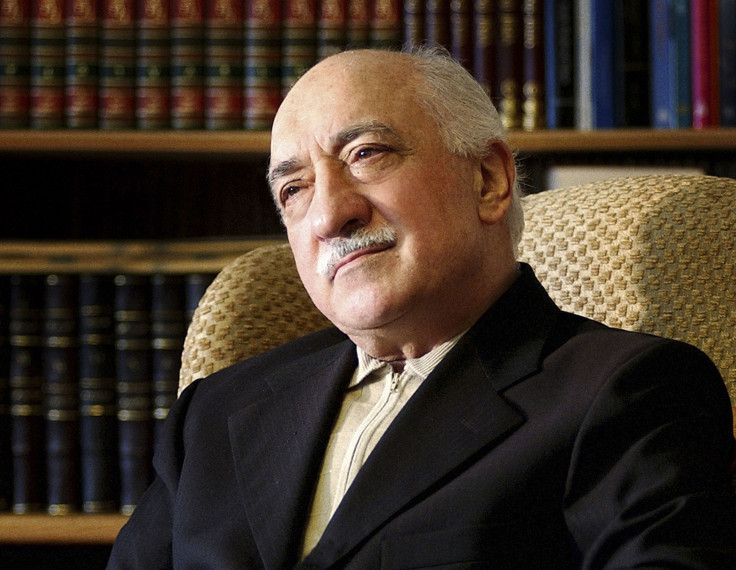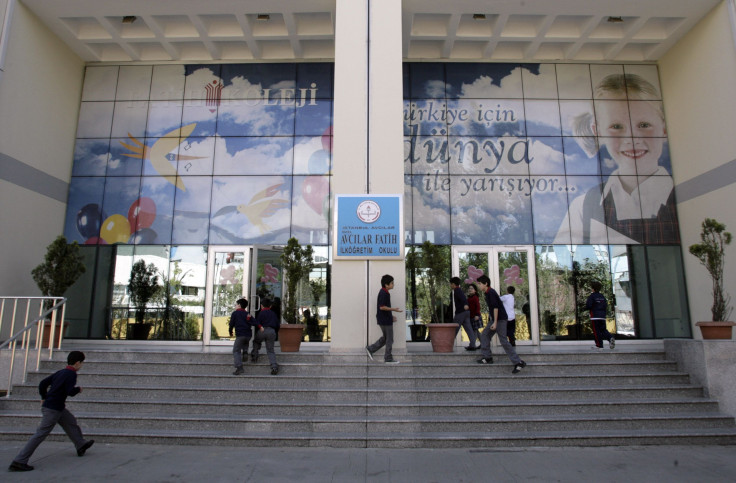WikiLeaks Reveals Confidential Cables: How A Rabbi Advised The U.S. On Turkey's Gulen Movement
The one person and movement that continues to baffle the U.S. government is a powerful Turkish Muslim cleric who is a threat to the current Turkish government -- from his 26-acre retreat in Pennsylvania, WikiLeaks recently revealed.

Fethullah Gulen and his movement, which promotes a progressive and relatively modern form of Islam and currently threatens the Turkish government, has mystified the U.S. government ever since he came to the U.S. in 1999 for medical reasons and stayed on after he was accused of treason in Turkey.

The Gulen movement is respected by many American lawmakers and businessmen, yet it’s also viewed with suspicion, at least that is what recent WikiLeaks cables revealed.
“Deep and widespread doubts remain … [of his] movement's ultimate intentions,” reads a 2005 classified document from the U.S. Consulate in Istanbul that was revealed by WiLeaks. “We have anecdotal evidence of the pressure that the various circles of his movement put on people they have drawn in, for instance severe pressure on businessmen to continue to give money to support Gulenist schools or other activities.”
There are about 130 Gulen charter schools in 26 states, forming the largest collection of charter schools in the U.S., according to a CBS "60 Minutes" piece. While the schools are completely secular, many of the teachers are Turks in the U.S. on visas. The school promotes Gulen’s teachings of tolerance, dialogue, with an emphasis on math and science. They follow Gulen’s goal of reconciling Islam with science and modernity.
However secular or benign Gulen’s charter schools or other business ventures are, the classified cables revealed increasing mistrust from the U.S. government.
“We have multiple reliable reports that the Gulenists use their school network (including dozens of schools in the U.S.) to cherry-pick students they think are susceptible to being molded as proselytizers, and we have steadily heard reports about how the schools indoctrinate boarding students,” the document said.

With the growing mistrust and mystery of Gulen’s true intentions, the U.S. consul general in Istanbul, in coordination with the U.S Embassy in Ankara, asked Istanbul’s chief rabbi, Ishak Haleva, for insight of the movement.
Haleva noted that when Gulen sought to adjust his immigration status in the U.S., he asked for the rabbi’s help, because Gulenists believed that some in the U.S. government cast them as radical Islamists. In fact Gulenist supporters found in documents obtained from the FBI through the Freedom of Information Act that some in the government did view Gulen as a "radical Islamist whose moderate message cloaks a more sinister and radical agenda.”
The Jewish leader was faced with a dilemma. While Haleva did not want to provide an open-ended testimonial that could be used broadly, given his own lack of certainty about the movement’s intentions, he also felt obligated to give some assistance to Gulen, as he had helped Turkey’s Jewish community in the past.
© Copyright IBTimes 2024. All rights reserved.






















